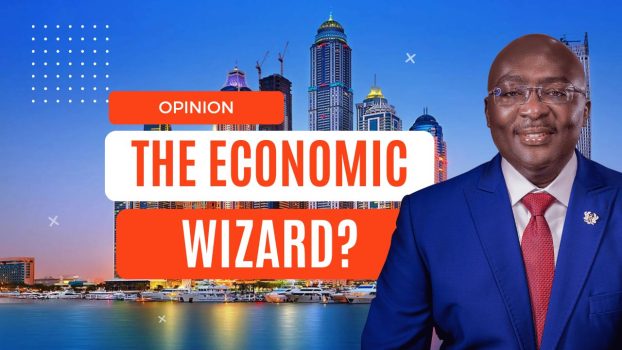Dr. Mahamudu Bawumia, as the Vice President of Ghana, holds a position that is both supportive and influential, albeit limited in certain capacities by the 1992 Constitution of Ghana. The role of the Vice President is instrumental in the day-to-day administration of government, yet it is also fundamentally tied to the powers and authority of the President.
Powers of the Vice President
Under the 1992 Constitution of Ghana, the Vice President, as the second highest-ranking government official, holds several key powers and responsibilities:
- Deputizing for the President: The Vice President’s primary role is to assist the President in executing executive duties and to act as a stand-in when the President is out of the country or otherwise incapacitated. In such cases, the Vice President assumes the powers and responsibilities of the Presidency temporarily, ensuring continuity of governance.
- Chairing the Economic Management Team: One of the Vice President’s critical roles is heading the Economic Management Team (EMT), making Dr. Bawumia a central figure in shaping Ghana’s economic policies. In this capacity, he can influence fiscal policies, economic planning, and developmental programs that directly impact Ghana’s financial trajectory.
- National Security Council Membership: As a member of the National Security Council, the Vice President participates in decisions regarding national security, contributing to policies and strategies aimed at ensuring the safety and stability of Ghana. This role grants him substantial input on security-related matters, although ultimate decisions rest with the President.
- Advisor to the President: The Vice President acts as a chief advisor to the President. Although the advice is non-binding, the Vice President’s insights are often pivotal, especially in areas of expertise. Given Dr. Bawumia’s background in economics, he is uniquely positioned to counsel on economic reforms, digitalization, and financial policies.
- Representing Ghana: The Vice President often represents Ghana in diplomatic meetings and international forums. This role serves as a platform for Dr. Bawumia to foster relationships with foreign leaders and represent Ghana’s interests on the global stage, although binding agreements and treaties typically require the President’s approval.
Limitations of the Vice President’s Power
Despite these significant powers, the Vice President’s role is constitutionally limited in specific ways:
- Subordinate to the President: The Vice President’s actions are primarily an extension of the President’s authority. He cannot independently implement policies or make executive orders without presidential consent, meaning his powers are inherently tied to the President’s directives.
- Cannot Independently Appoint or Dismiss Ministers: Unlike the President, the Vice President lacks the power to appoint or remove ministers or heads of departments. This limitation underscores the supportive nature of the role, as appointments to key positions are the prerogative of the President alone.
- Restricted Policy-Making Powers: While the Vice President chairs economic committees and advises on policy, he cannot unilaterally create or enforce policies. All major policy initiatives require approval from the President and, in some cases, the Cabinet or Parliament.
- No Authority in Legislative Processes: The Vice President does not have the power to introduce bills in Parliament or directly influence the legislative agenda. Although he may advocate for particular issues, these actions are advisory rather than authoritative.
- Inability to Initiate National Security Operations Independently: While he contributes to discussions on national security, the Vice President cannot single-handedly authorize security operations or the deployment of security forces, as these powers rest with the President.
My Opinion
Dr. Bawumia’s position as Vice President is one of substantial influence but limited direct authority, operating as a complement to the President. Through his economic expertise, Dr. Bawumia has helped guide Ghana’s economic and digital strategies, enhancing financial inclusion and technological advancement. However, his powers are ultimately circumscribed by the President’s authority, underscoring the collaborative yet restricted nature of the Vice Presidency within Ghana’s political framework. This balance ensures that the Vice President can significantly contribute to governance while maintaining unity and coherence within the executive branch.
Let me know your take or what you think in the comment section below.







